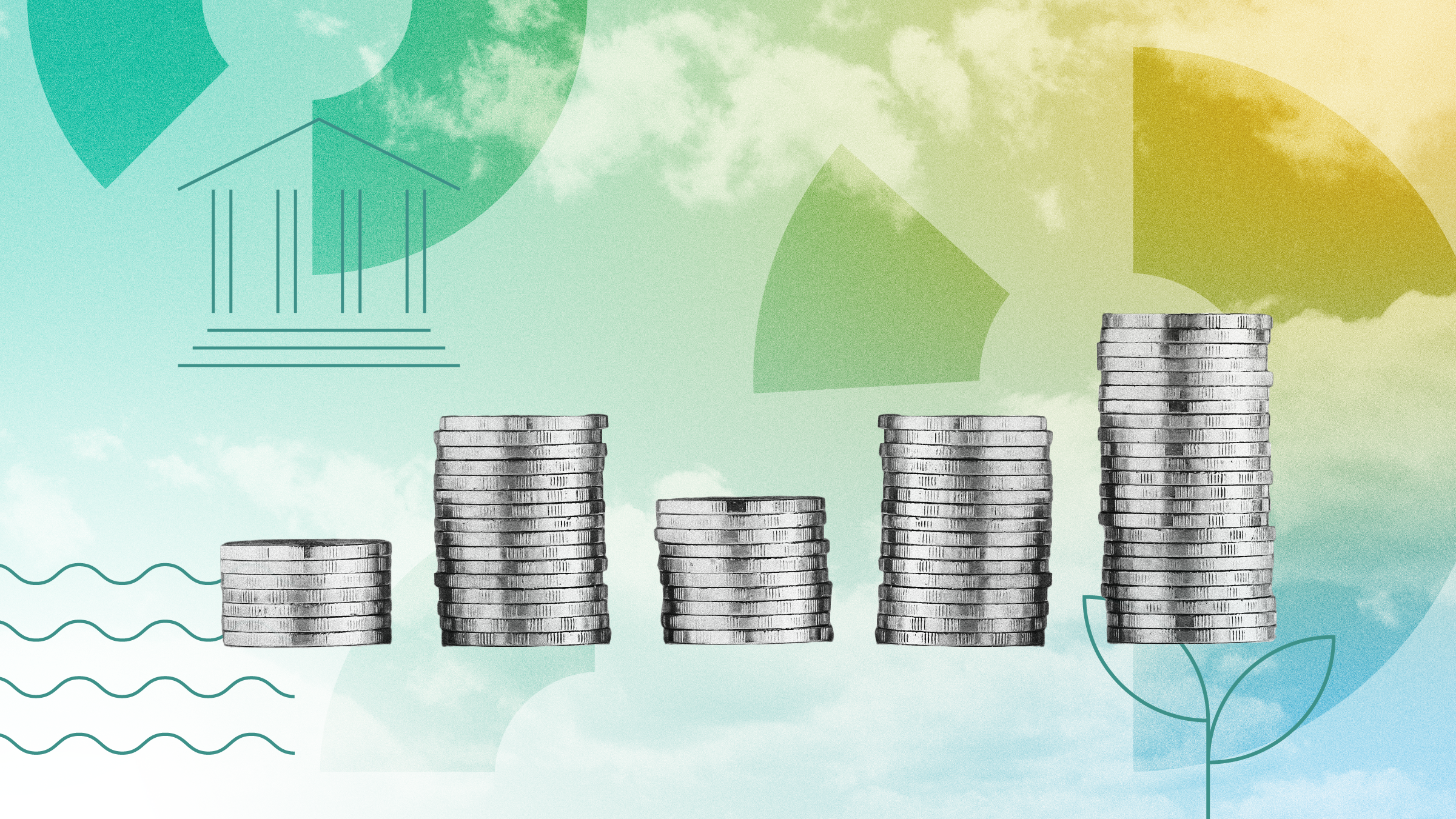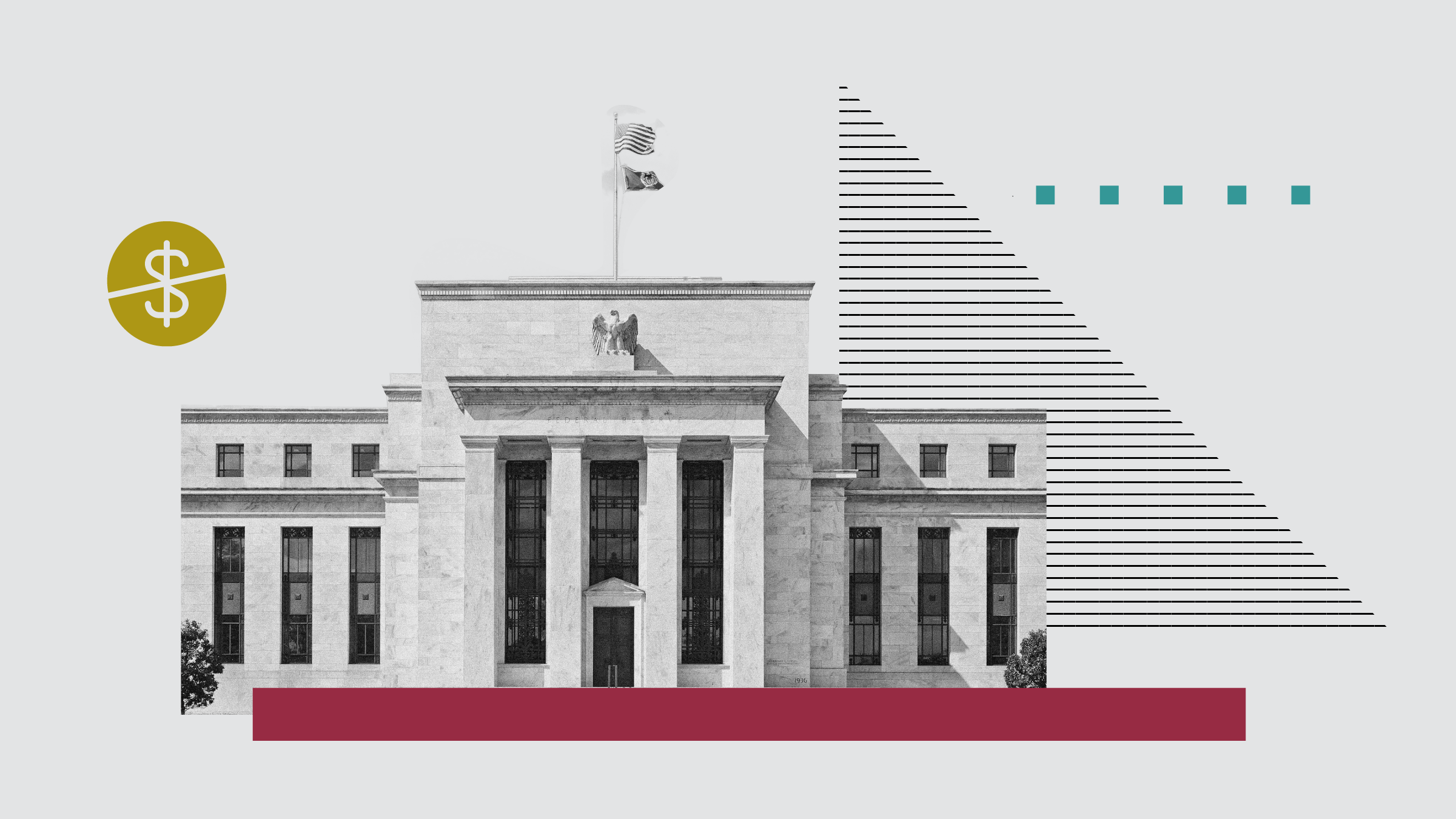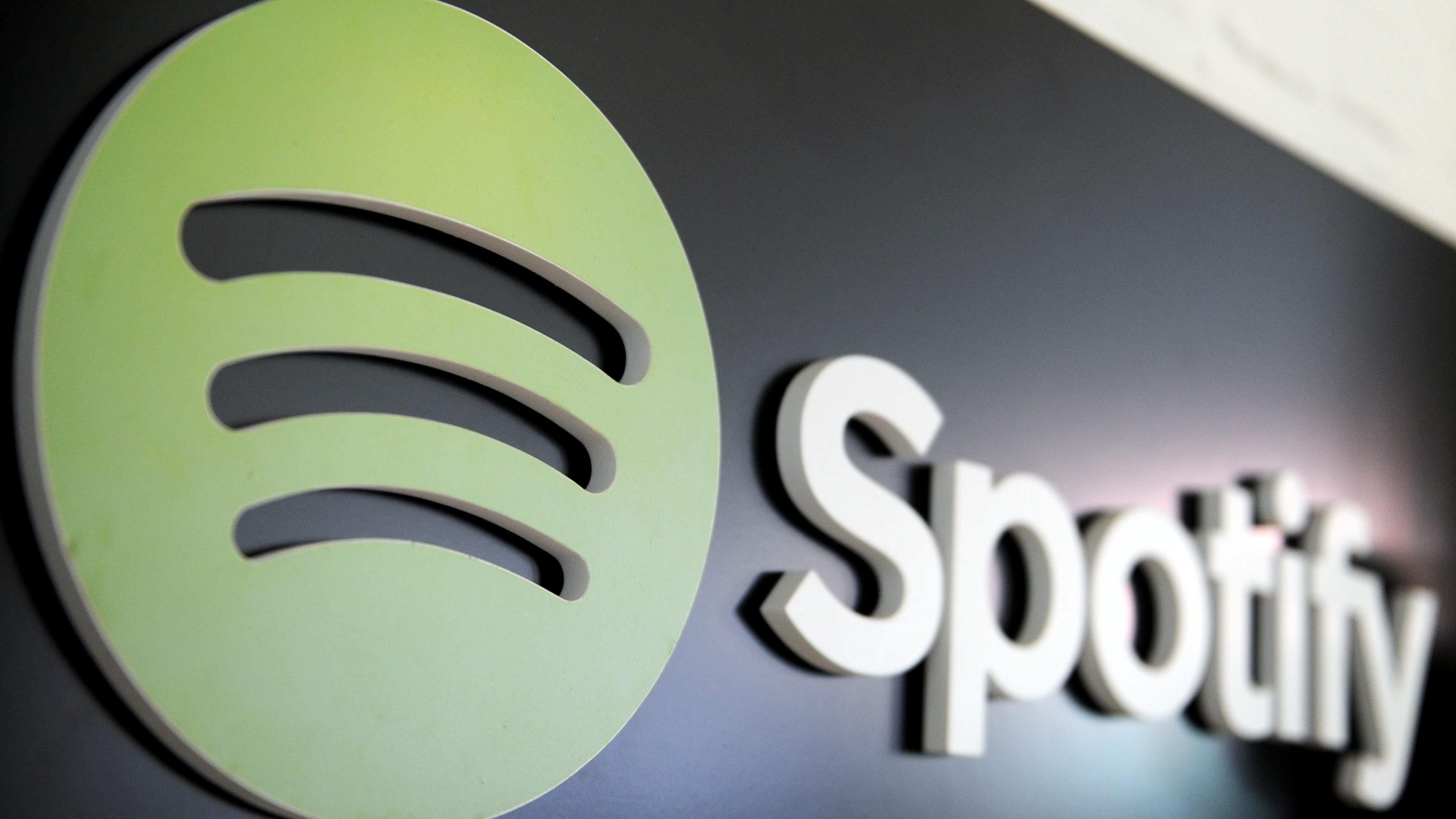Holly Black: It's back to school week at Morningstar and to help cover all the investment basics we have brought back our team of young experts. Luckily, they are as good at technology as they are at grilling our analysts.
Amy Thompson-Cobb: Hello. My name is Amy Thompson-Cobb. And today, I'm going to be talking to Jon Miller about how much it costs to invest. Hi, Jon.
Jonathan Miller: Hello, Amy.
Thompson-Cobb: So, how much does it cost to invest?
Miller: Well, usually, what happens is a certain percentage of what you're looking to invest is taken as a fee. So, that can be when you invest online directly yourselves. Another way probably to describe is through a financial advisor where people with larger sums will usually say, right, here's what I want to invest, here's what I'm thinking about my future and that advisor would charge a percentage as well. And that percentage is usually a bit higher but there you are getting more of a professional advice from dealing with the person as well.
Thompson-Cobb: Thank you. So, where can I check the fee?
Miller: If you're going online, then those fees should be clearly labeled by the websites where there will be a fee area and it will tell you what the fees you pay. So, you're paying for the transaction when you buy and sell. But also, if you are owning a fund or a share – fund-of-funds, there will be a management fee. So, it's something that you pay the fund company as well. So, that's an extra layer to think about in terms of the fee that you have to pay.
Thompson-Cobb: Why does it matter?
Miller: Well, fees dent your returns. So, if you've got GBP10 of birthday present and there might be a certain amount that's taken off from the platform or an advisor, that means you've got less that's actually going to invest in the stock market. And ultimately, you want to put the most you can to make the most effect in a positive way over the long-term. So, we believe it's really important to look at the fees because they matter because what you want is putting your – to save for a nest egg or save for your future, you want to get the biggest bang for your buck in terms of where you invest and hopefully not let the fees dent that over the long term.
Thompson-Cobb: Does that mean I should always choose the cheapest fund?
Miller: It can come into play, I would say, not necessarily. But I'd start with the fact that for you as a young person looking to invest, there's so many options out there. Sometimes the easiest thing to do would be to say, I want some exposure to the world, so how the stock markets move up and down around the world. And you can buy something that would track the global stock market. Those fees are really cheap. And I think they are a really good way for investors, especially starting out to just get a feel for what it means to invest to think about the long term and there, to invest in something that's very cheap I think is efficient. So, I think when you think about how you build a diversified way of investing, there's bits that can fit in where the cheapest option is the way forward but also think about a few other ways where you might have some ideas where they might be a bit more expensive but actually the return over the long term could be more beneficial and higher as well. So, there's some mix and match in some instances. As I said, for you starting out, I think probably cheapest is better.
Thompson-Cobb: Well, thank you so much for your time, Jon. For Morningstar, I'm Amy Thompson-Cobb.




























